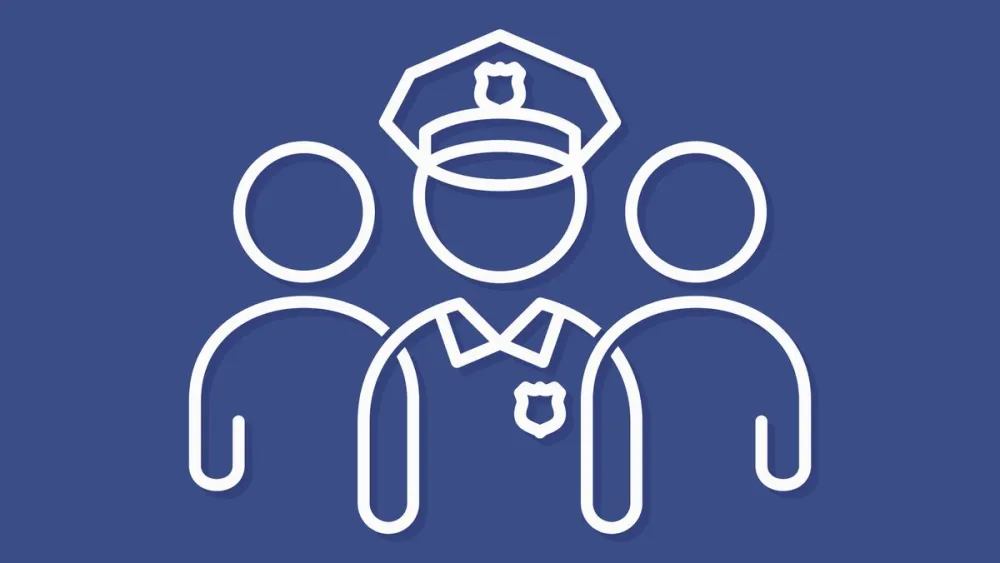Done right, it can help satisfy the public and treat your people fairly
By Captain Joe Alvarez
Currently, law enforcement agencies can choose how they conduct misconduct investigations. While there are legislative guidelines for employee rights and workplace actions, there isn’t a mandated model for police misconduct investigations. The predominant models utilize internal resources or allied agencies that are partnered together and have common interests. These models may be challenged because they can be biased, subject to inappropriate influence and lack balance. Additional concerns stem from the fact that investigations rely on officers and attorneys with interests in the outcomes and that agencies with pattern and practice issues may not be capable of conducting unbiased and appropriate investigations.
Each of these items creates challenges in building public trust and acceptance of investigation outcomes. According to the Advancement Project, a multiracial civil rights organization, “Police departments should not investigate themselves. Nor should justice depend on prosecutors who rely on local law enforcement for evidence in cases they bring. Instead, accountability systems should be directed by the communities that police departments are supposed to protect and serve.”
Traditionally there are three different types of systems for police misconduct investigations. Canadian criminologist Curt Griffiths describes these models as:
- Dependent
- Interdependent
- Independent
Dependent Model
With the dependent model, agencies use members of their departments to investigate themselves.
Interdependent Model
The interdependent model is where an allied agency’s personnel or other professional law enforcement agency is responsible for conducting the investigation. This model can afford the independent oversight the dependent model lacks, with all the other benefits.
Independent Model
The independent model is when any group or organization outside law enforcement is responsible for conducting the investigation. These models include civilian oversight groups, independent auditors, civilian review boards, independent investigations and similar systems.
How to Transform Investigations With the Third Party Investigative Model
The thought of a complete third-party investigative model makes some think, “That’s a bad idea,” and “It will never work.” I would ask that we take a minute and think about it. If investigations are supposed to be transparent and fact-driven, why won’t they work? If the result of the investigation is truthful and appropriate, why does it matter who completes it? Investigations don’t deal with discipline, and that authority will always rest with the agencies, so why do we resist oversight?
There are several benefits to adopting third-party investigation models that do not utilize the affected agencies’ personnel. These models eliminate conflicts of interest when investigating fellow officers, friends or supervisors. Removing the stakeholders from the process eliminates bias and undue influence and reduces inappropriate investigative practices. In a Pew Research Center study last year, 75% of respondents wanted to “give civilian oversight boards power to investigate and discipline officers accused of inappropriate use of force and other misconduct.” This third-party approach delivers a product that is balanced, fair and impartial.
A key strength of an independent investigation is that the results are more credible and accepted, which leads to “strong relationships of mutual trust between police agencies and the communities they serve [that] are critical to maintaining public safety and effective policing.”
Conclusion
Many dependent models for police misconduct investigations produce quality investigations from highly skilled investigators. Despite that, they are challenged based on the premise that it is not appropriate for the police to investigate themselves. Additionally, dependent models cannot escape suspicions that they are biased, prone to inappropriate influence and can lack fairness or impartiality. Using interdependent and independent third-party misconduct investigation models can be highly beneficial in addressing these concerns. While they are not mandated, it has been shown using these models is a best practice in police misconduct investigations, which helps achieve the ultimate goal of community confidence in their police.

